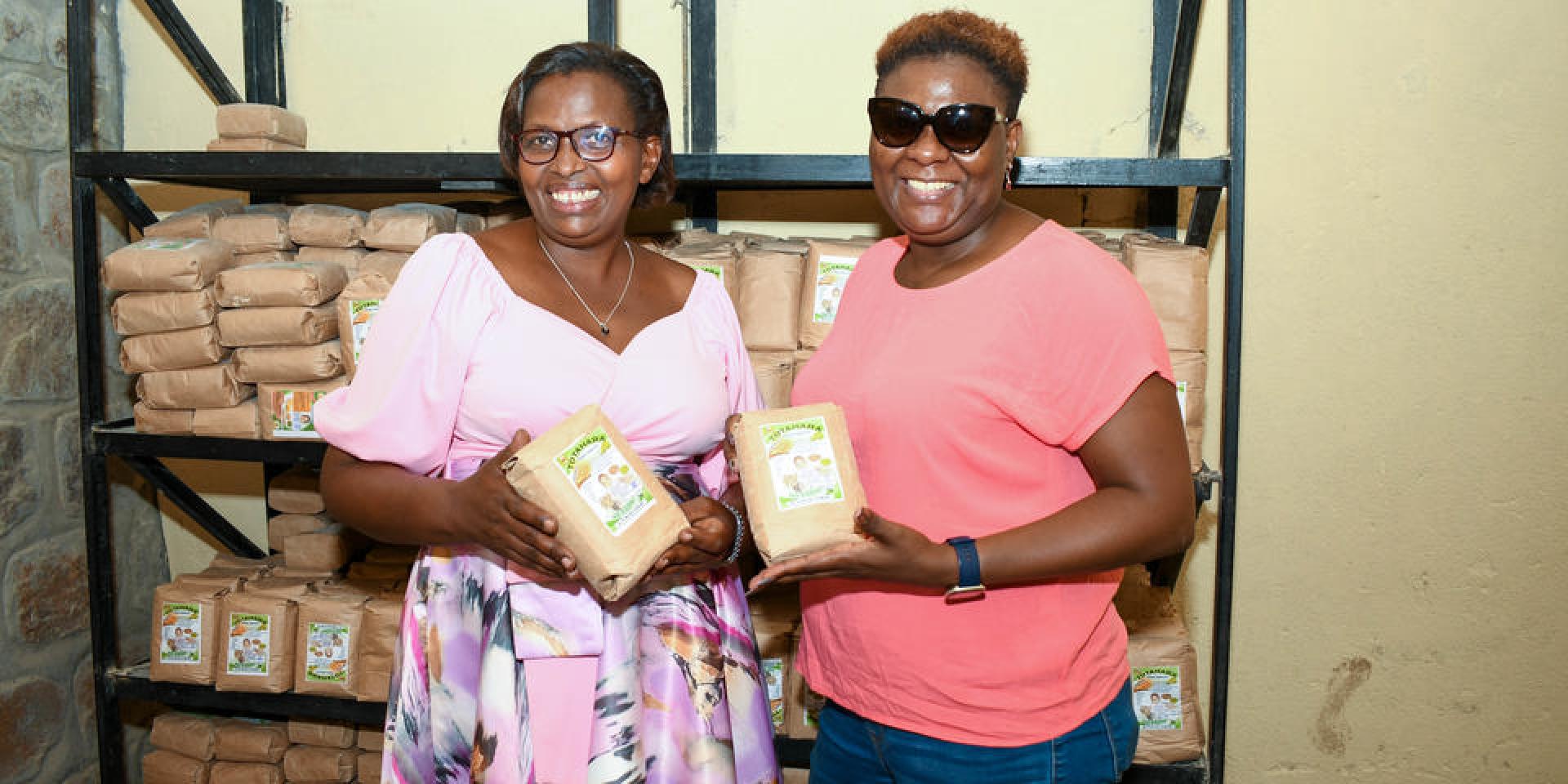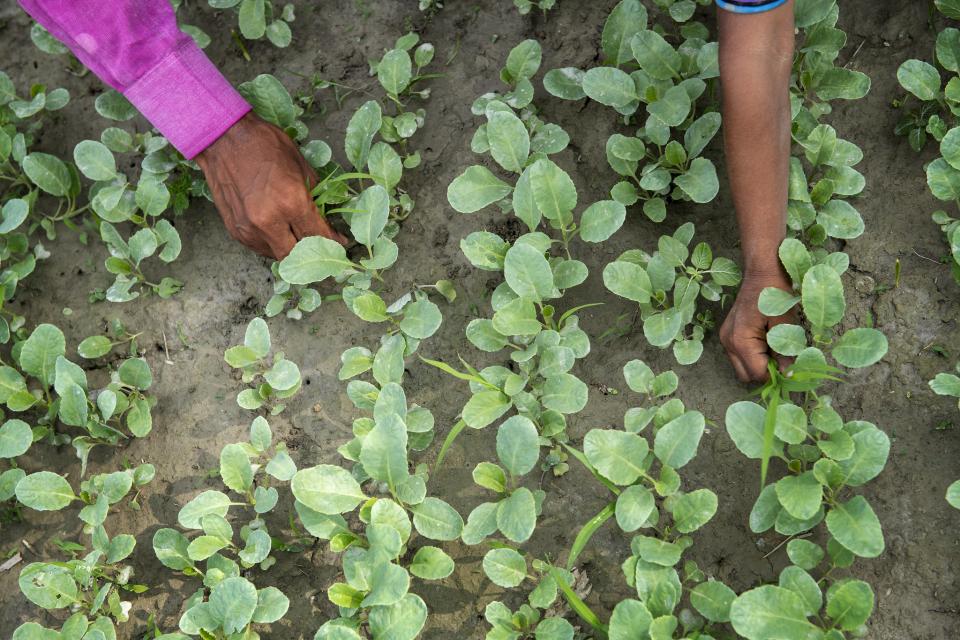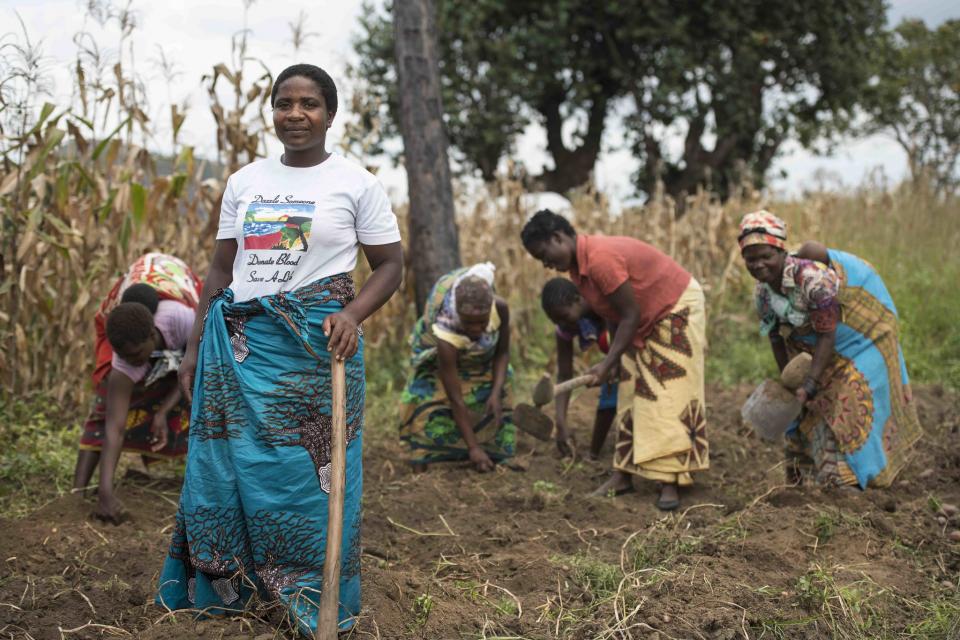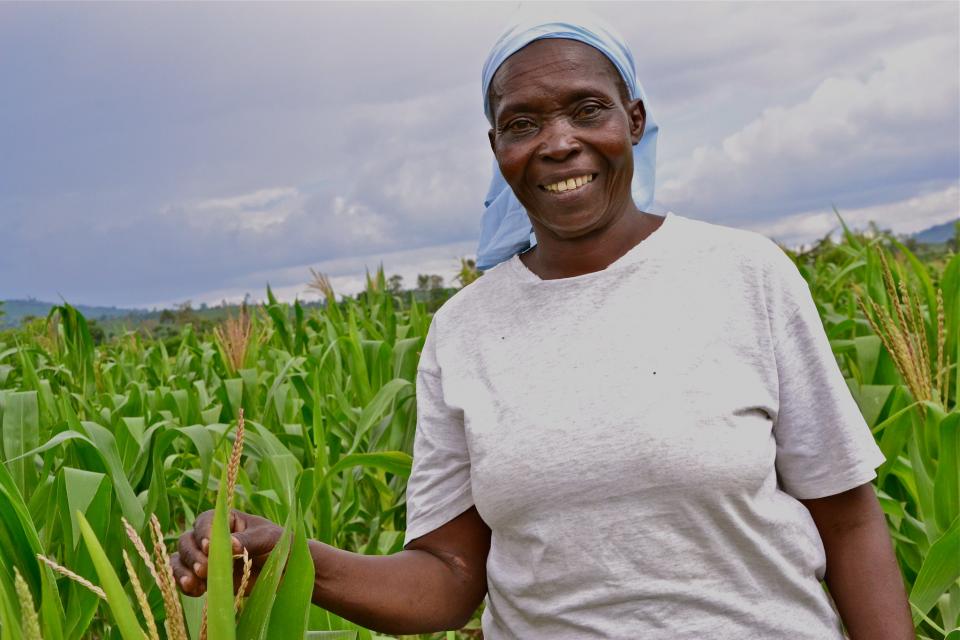Getting ahead of the curve on gender: asking different questions
 Photo: Owen Kimani/Alliance.
Photo: Owen Kimani/Alliance.
For many years, researchers have pointed out that there are gender disparities and gaps in agriculture. It has been shown that, for example, men have better access to information, resources like land, and technology, than women do.
Closing the gender gap in agriculture by empowering women farmers has the potential to raise the incomes of 58 million people, and the resilience of an additional 235 million.
Dr. Eileen Nchanji has studied these disparities for years. She has different questions in mind.
“Instead of reflecting on the existing gender gap, what solutions can we start working on that can reduce that gap?” she notes. “What about focusing on the things we can do, that can help women adapt more quickly to the impacts of climate change?” asks Dr. Nchanji.
Speaking at the Africa Green Revolution Forum (AGRF 2023) in Tanzania, where she has been invited by Gates Ag One – a subsidiary of the Bill & Melinda Gates Foundation, highlighting how breeders can harness crop improvements to benefit women. Such gender-responsive programs in crop improvement, as they are known, are already seeing rippling impacts across sub-Saharan Africa.


